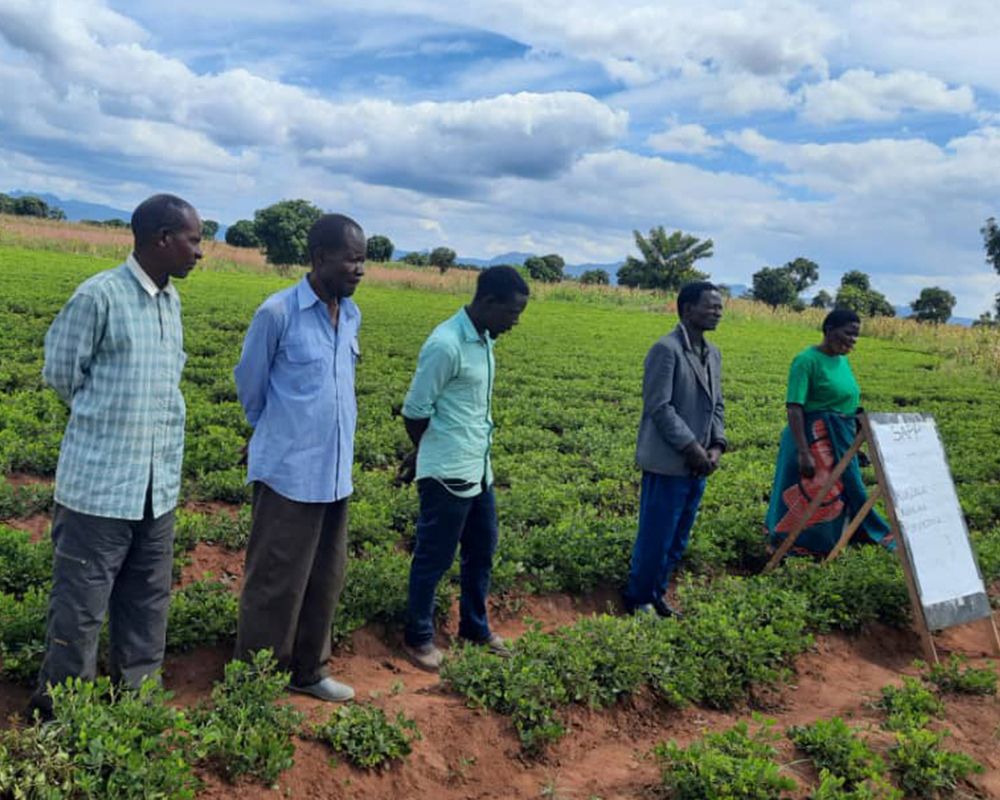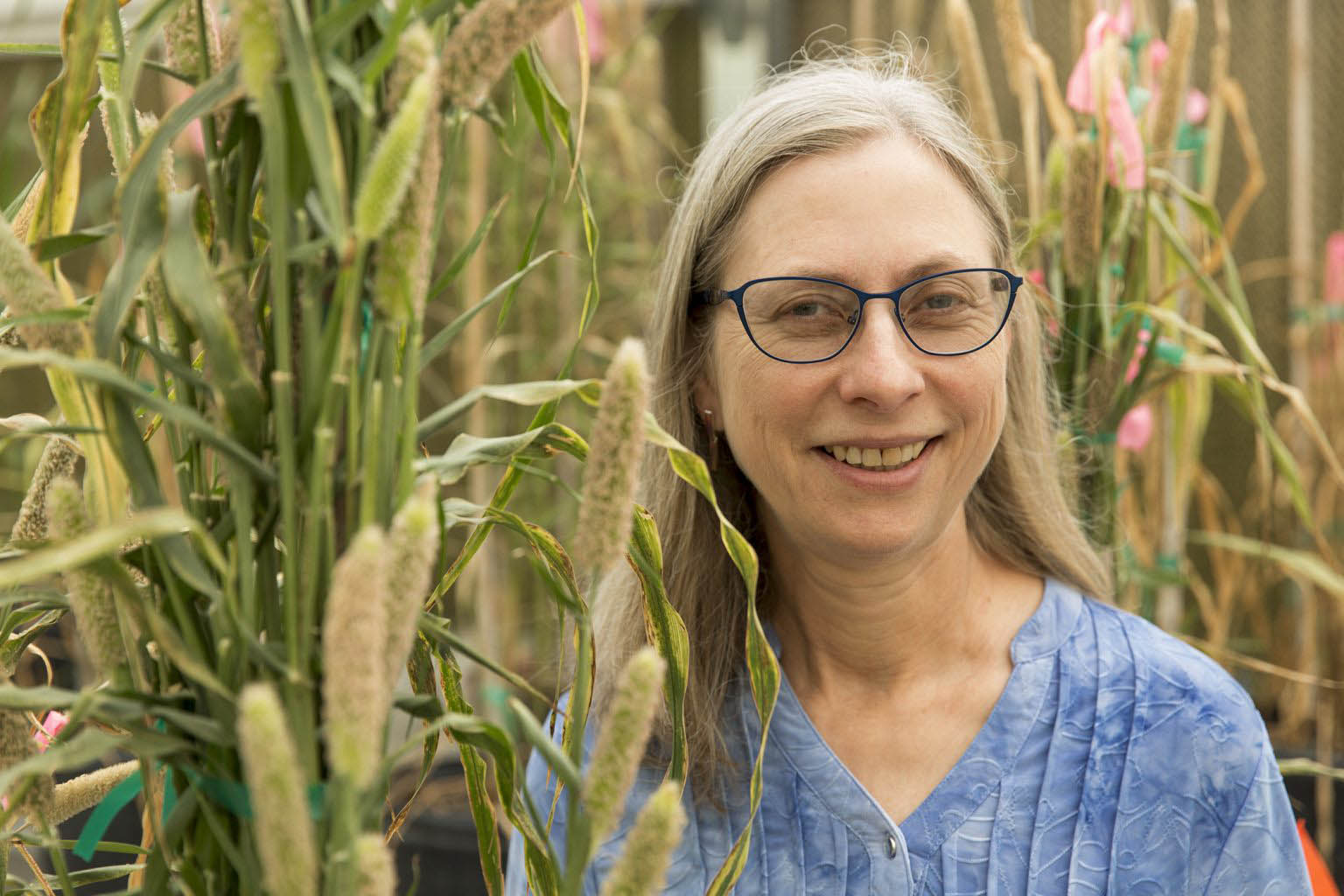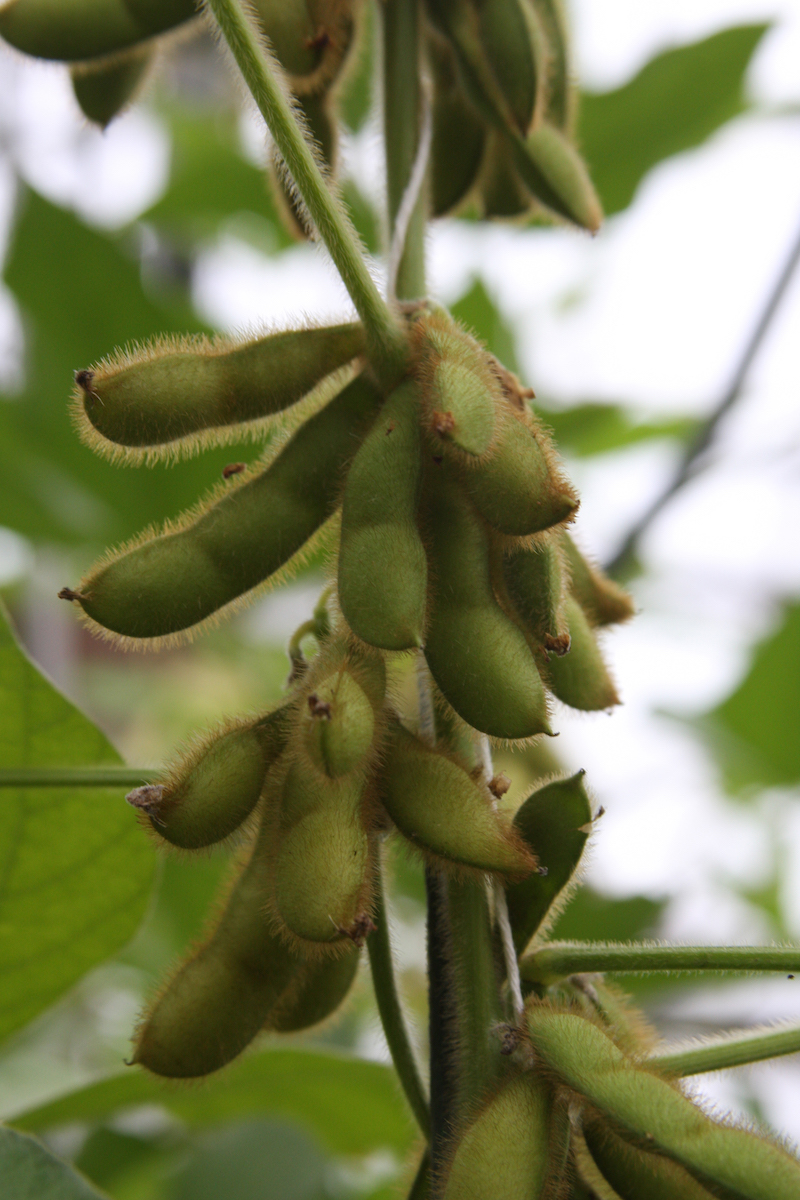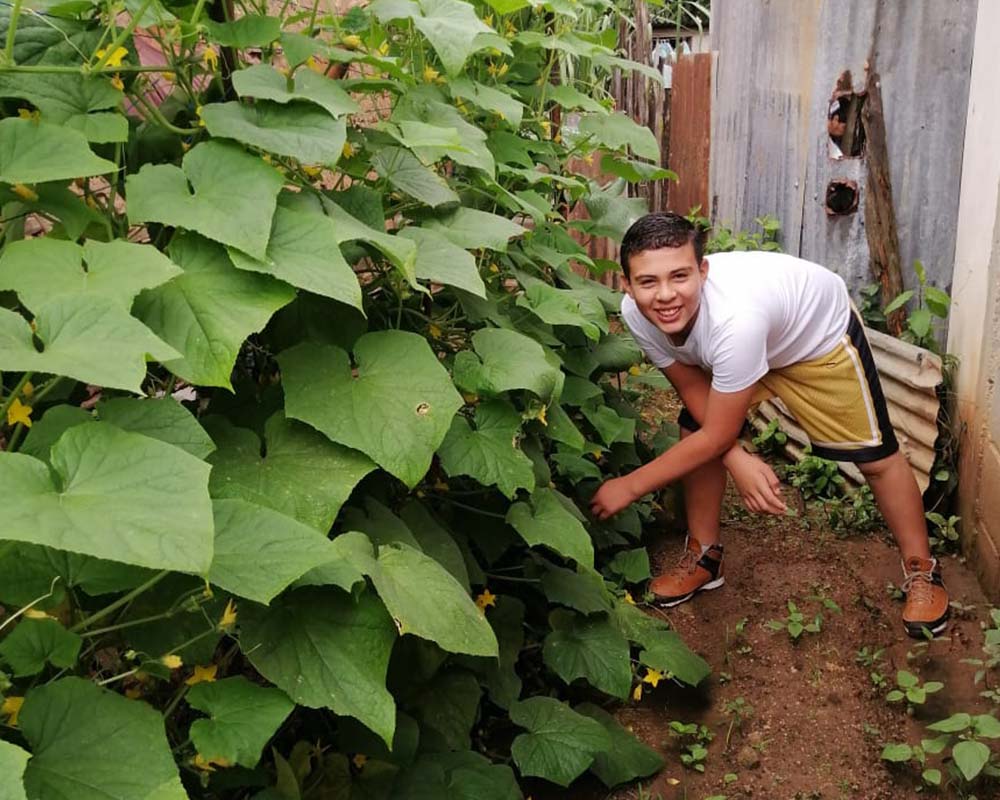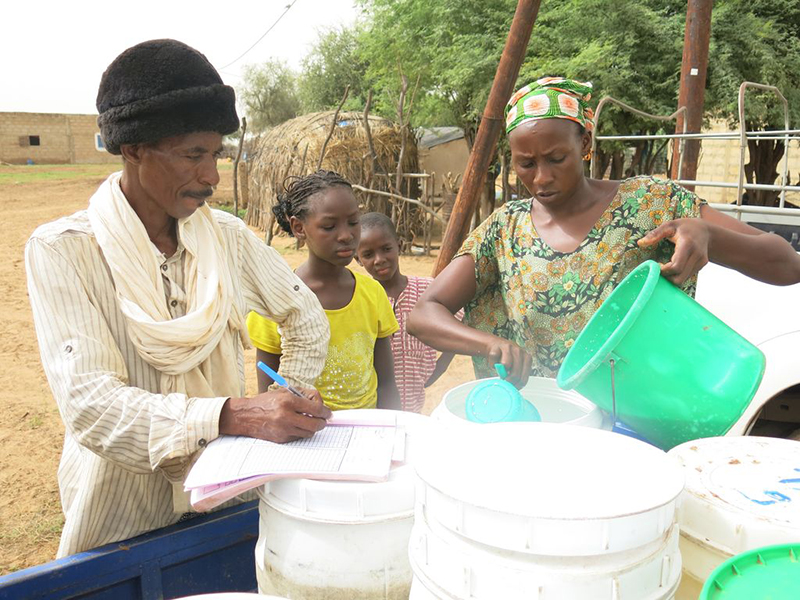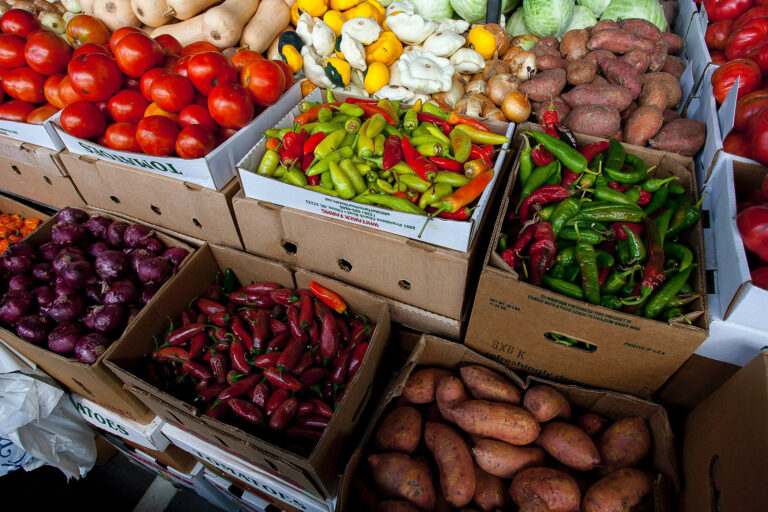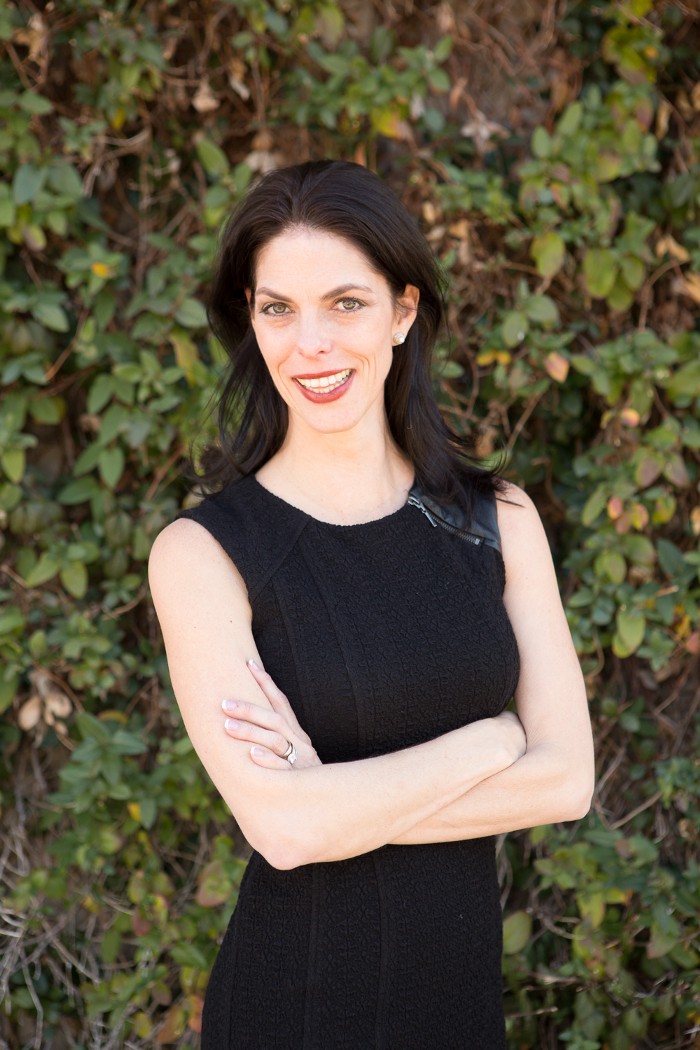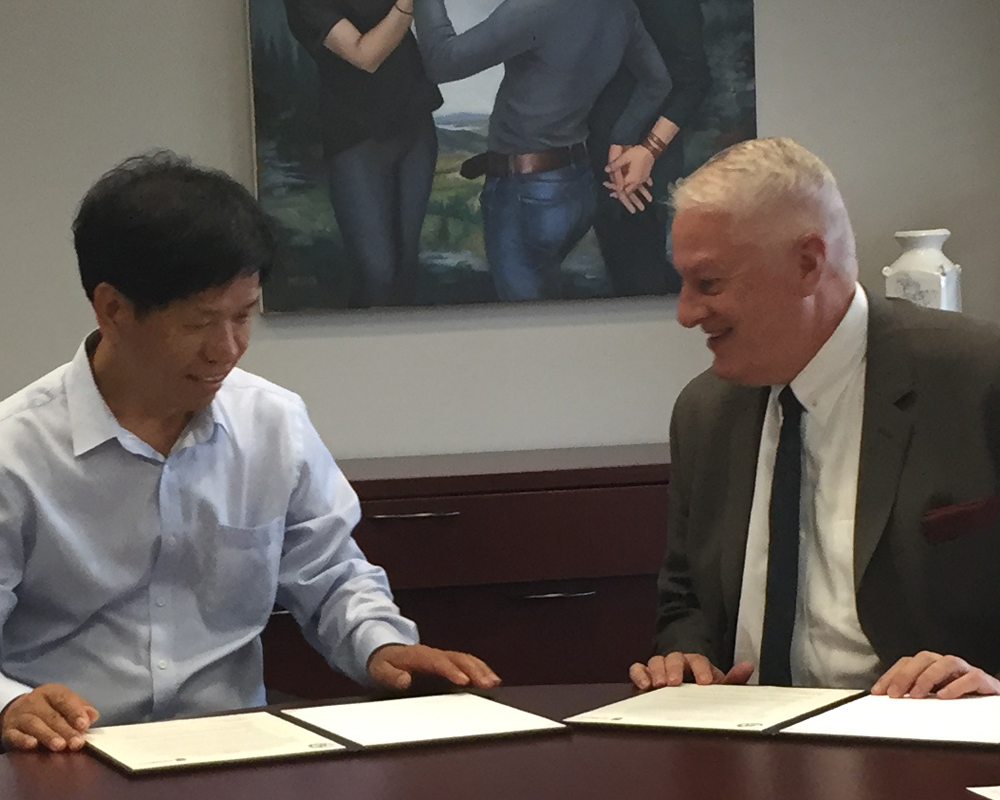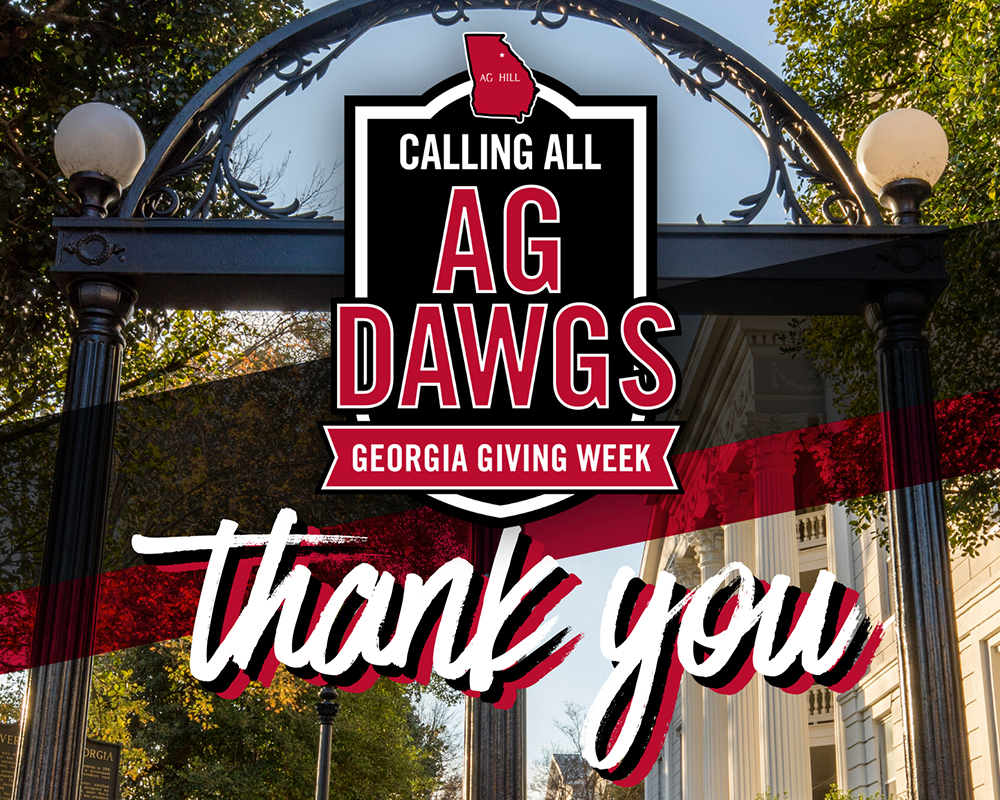 CAES News
CAES News
Giving Week 2021
Hundreds of donors representing all 50 states showed their support for the University of Georgia College of Agricultural and Environmental Sciences (CAES) during the third annual Georgia Giving Week April 17 to 23, with many gifts flooding in on Monday, the inaugural CAES Giving Day.

